Best movies like Me and My Grandpa
A unique, carefully handpicked, selection of the best movies like Me and My Grandpa Starring Kálmán Koletár, Éva Ruttkai, Gyula Gózon, Samu Balázs, and more. If you liked Me and My Grandpa then you may also like: Diary for My Father and My Mother, The Notebook, The Jerusalem File, Be Somebody, Father and many more popular movies featured on this list. You can further filter the list even more or get a random selection from the list of similar movies, to make your selection even easier.
A few days from a daily life of a regular school in Hungary during fifties.
Me and My Grandpa
You may filter the list of movies on this page for a more refined, personalized selection of movies.
Still not sure what to watch click the recommend buttun below to get a movie recommendation selected from all the movies on this list
The Notebook
In a village on the Hungarian border, two young brothers grow up during war time with their cruel grandmother and must learn every trick of evil to survive in the absurd world of adults.
The Jerusalem File
An American student starts working with his Arab colleague while putting all politics aside. However, is his colleague just a regular Joe? Set around the time of Arab-Israeli Six Day War.
Be Somebody
Pop superstar Jordan Jaye (Matthew Espinosa) has a big dream he just wants to live like a regular teenager. When he's chased down by some excited female fans, he finds a perfect hideout and a reluctant new friend from a small town, high-school art student, Emily Lowe (Sarah Jeffery, Descendants). Despite being from different worlds, they soon discover they have way more in common than they ever imagined. Over the course of several days, the two embark on an unexpected journey of friendship, first love and self-discovery -- proving that maybe opposites really do attract.
Father
The beginning shows Hungary devastated by the war and the postwar reconstruction with its communist government. Our hero (played first by Dániel Erdély and later, as a young man, by András Bálint) is clearly determined to find out what he can about his father who died young. All he knows is that he was a doctor and perhaps he was an honored victim of fascism. He never really finds out but his relationship with his mother, his friends and his Jewish girlfriend will make him totally independent of this need to find all about Apa or Father.
Time Stands Still
A Budapest high school in the beginning of the 1960s. Dini suffers the torments of adolescence. His father had to leave Hungary after the uprise in 1956, and since then Dini's mother has had to take care of her two sons on her own. A friend of Dini’s father, Bodor, is released from prison and moves in with them. Dini and his brother are far from happy about this intrusion on their family life.
Fifty Years Before Your Eyes
A documentary about the major events of the first fifty years of the Twentieth Century.
On the Quiet
A coming-of-age story set in the contemporary Hungarian countryside, where teenage soloist Dávid decides to stand up for Nóri, 13, a cellist in their youth orchestra who is having a suspiciously close relationship with their 60-year-old conductor. While looking for the truth, Dávid's life soon starts to spiral out of control as he faces tough decisions and the adult society's negligence.
Fifty-Fifty
Shortly after his marriage, a millionaire begins an affair with another woman. His wife tries to win him back by starting an affair herself.
Well
At a gas station in the middle of nowhere, a young man arrives to meet his father he hasn't seen for 30 years. On the same day, a van with four prostitutes breaks down at the very same gas station, on the way to Switzerland. The three days they spend together in the station change their lives forever.
Dad Would Have a Fit
Szarka and Barbi, two 17 years old girl travel to Europe to find love and happiness. The vacation starts bad, they lose all their money, but they don't wanna go home.
Miss Universe 1929 - Lisl Goldarbeiter. A Queen in Wien
Filmmaker Péter Forgács' engrossing documentary -- culled from home movies spanning eight decades -- chronicles the life of Austrian beauty queen Lisl Goldarbeiter: the first Miss Universe. Following her during her pageant days and through an imprudent marriage, the film also serves as a slice of European history, a diary of Jewish life under the Nazis and an unfolding love story between Lisl and her smitten cousin, Marci Tenczer.
Cha-Cha-Cha
Gruber is a normal 16-year-old growing up in Budapest in 1962, but he has a problem -- how does he get to know the opposite sex? At the Sunday afternoon dance classes the young "ladies and gentlemen" hold each other while dancing, and that makes the lessons worth something. Otherwise, the pianist's attention wanders and the orchestra does not exactly play with a single-minded dedication. In fact, everybody seems to have other things on their minds, except for the enthusiastic dance instructor and his ever-smiling assistant.
Tabló
Karcsi, a Roma policeman, lives with Eva, a Swede. One day he is called to the scene of the murder of a wealthy trafficker named Schulter. He begins to investigate the crime, interrogate neighbours and suspects, and untangle a complex situation - one that he, himself, complicates even further. For he is a gypsy, who despite being adopted and raised by "regular" Hungarians, has his nose rubbed in his minority status every day. The film, which is based on the novel by Ákos Kertész, is a shrewd genre work full of dusky humour and surreal situations. Tabló follows a vivid succession of strange images that eventually lead to the emergence of the central story about a charismatic police officer on a tireless quest for the truth, though he must fight against virtually everyone and is just as fallible as the next person. Tabló makes a statement on the issue of race and racism - or, indeed, relations between any minority and majority.
The Citizen
The heart-wrenching story of The Citizen begins with a citizenship exam, where the examination committee rigorously questions a middle-aged African man. No matter how beautifully he recites Hungarian poetry, Wilson, a political refugee in his late fifties, fails the exams for the umpteenth time, because he doesn’t know where the periodical ‘Magyar Közlöny’ got its name from, and what the Corvinae are. Moreover, inspired by Vörösmarty’s poem, the committee chairman even questions his reasons for leaving his mother country. Wilson argues that his reasons include his fellow citizens cutting pregnant women in half, yet he doesn’t manage to soften the heart of the committee members.
Hungarian Fragment
Peter falls in love with Lena, a Bulgarian female student in the days of the 1956 revolution. They were both involved in the events of the Revolution, enthusiastically recount their experiences of an American journalist. The boy's parents leave the country, but he did not go with them.
Second Chance Christmas
After moving into a new house with his mom and soon to be father, Lawrence goes through some things. Six months after his mom and new "dad" marry. His mother dies. It isn't easy on Maise's Husband. He soon realizes that he could not deal with Lawrence and goes to a foster home to see if he can put him there. Lawrence has to stay for a few more days before he can leave. Over those days the husband realizes that Lawrence is a great kid.
Very Nice Day
Jérémie, bicycle courier, crisscrosses the city at full speed; he delivers anonymous backpacks, blindly following the instructions of his boss Dom. Lonely, Jérémie records a podcast in which he shares his conspiratorial view of the world. His daily life is turned upside down by the arrival of a new neighbor, Élyane Boisjoly, a famous instagrammer for whom he develops a fascination. His life is turned upside down when one night his obsession with Élyane disturbs him to the point of making him miss a delivery. In a violent manhunt orchestrated by Dom, Jeremy has no choice but to act.
Honeysuckle
Like the twining vines of the honeysuckle, each of the three stories in this film follow a character whose growth is impeded by the clouds of society hanging over their heads. From a Hungarian taxi driver torn between the preservation of his family and the unexpected humane responsibility found in the clandestine activities he does for profit, to the Hungarian teenager of a single mother whose idea of life goals and success seems perpetually defined by the missing figure of a role model, and finally to the young Indian Carnatic singer who amidst personal and national turmoil decides to sacrifice the one thing that defines her - her talent, Honeysuckle aims not to narrate or condescendingly offer a message, as much as it seeks to illustrate the many life directions available, and the way none of them are good, in a world severely lacking a moral center.
Budapest Tales
"Budapest Tales" is about a group of people (consisting of Szabo regular Andras Balint along with Ildiko Bansagi and Karoly Kovacs) who find a broken down tram while trying to go to the city. The people band together and try to get the tram back on the train tracks and head towards the city. Along this journey the passengers encounter many people who join them on the tram. What started out as only a handful of people has now turned into a small village. As the people travel on to the city each person takes on certain roles and through the course of time these roles will change. Some people fall in love, others out of love, and a few even die. But life goes on. The people keep the tram going hoping to reach Budapest.
Maria's Day
The Hungarian Maria's Day is set in that most fateful of years, 1848. The incredible changes and reverses in European politics and culture exert a potent influence on one aristocratic Hungarian family. Losing virtually everything in the way of creature comforts, the family tries to keep up appearances. Eventually every member of the clan falls victim to illness, syphilis and their own headstrong foolishness. The parallels drawn by director Judith Elek between the dissipation of 19th century Hungarian aristocracy and the corruption of Communist ideology in modern times are inescapable.
To See the Light
1894. The mortal remains of Lajos Kossuth are brought home from abroad, the railways are lined with people with their hats in hand, and among them stands the teenager Imre Tányér. 1910. The grown-up Imre undertakes the task to solve the question unsolved since 1848-49, i.e. the transformation of peasant life. He fights for the rights of his class, for justice, for human dignity in a society distorted, backward and built on inequality.
The Day before Yesterday
In 1947 Dorottya is dismissed from girl school by the nuns for her views.
Bless 'em all
AWOL for more than half a century, but now back on parade, this cheery army comedy is a showcase for variety star Hal Monty and a young Max Bygraves. Missing in action for many years, this raucous comedy of army life, which looks back on the latter days of WWII, is a slam-bang showcase for the boisterous variety antics of comedian Hal Monty, seen here in his heyday performing rough and ready slapstick sketches aplenty. He’s accompanied by regular foil Les Ritchie, as his uptight sergeant, and comical crooner Max Bygraves, in his screen debut.
One Day is the World
Tamás, on leave from the front line, and Mária, a red-cross nurse, spend an unforgettable night together in the aftermath of Tamás's disappointment at the unfaithfulness of his fiancée.
Project 42: The universal message
A 107-minute long message that will be sent by a rocket to aliens who were detected from outside our solar system. The film is about the making of this message, and it follows the building of the space capsule from the signals received until the launch of the rocket. The valuable and illuminating interviews made with 42 role models tries to answer the big quesions of the human existence with unique humour. The message of the film is actually intended for everybody who is searching for their path, a handhold, motivation, to live their daily life to the fullest.
Makra
The events of the story take place in the outskirts of working class people in the early nineteen fifties. Makra, a skilled worker in a factory, suddenly comes to close quarters with everything around him because his environment condemns and ridicules him for protecting a woman when his drunk fellows were going to rape her after his bachelor party.
The Fabulous Fifties
The Fabulous Fifties, CBS, combines style, humor, and imagination. It was rich in touches of quality showmanship and equally rich in the memories of a decade which it revived. In recognition, the Peabody Television Award for entertainment is presented to The Fabulous Fifties, with a special word of praise for producer Leland Hayward and the top talent which appeared in this memorable entertainment special*. *The two-hour special featured comic takes and commentary about the previous decade by, among others, Rex Harrison and Julie Andrews, Mike Nichols and Elaine May, Dick Van Dyke, Shelley Berman, Betty Comden and Adolph Green, Jackie Gleason, Eric Severeid and Henry Fonda.


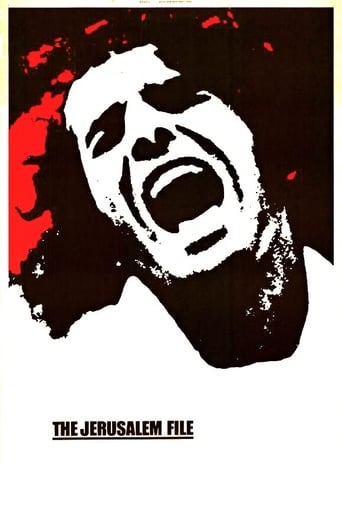



















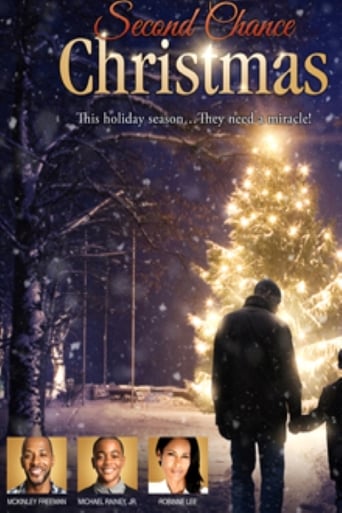











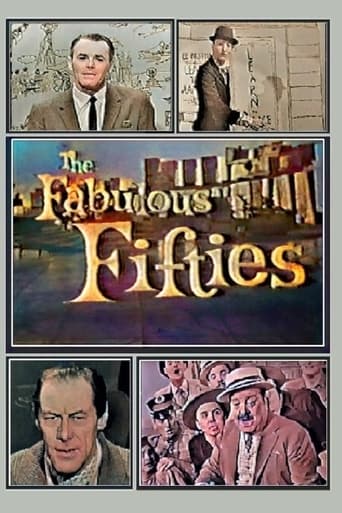
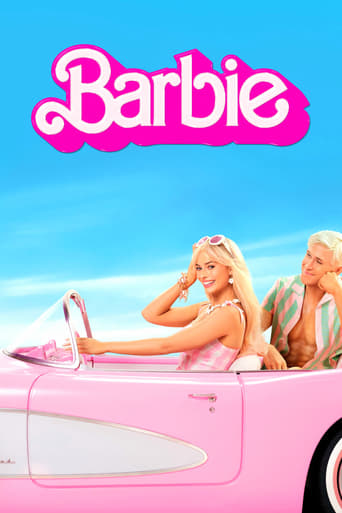

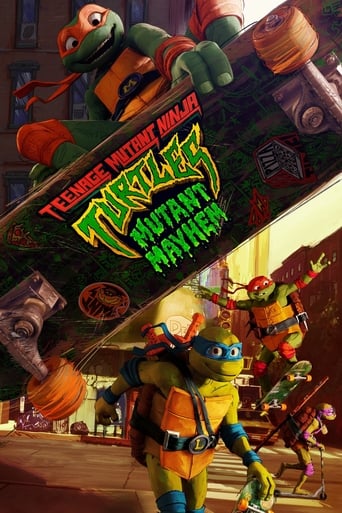
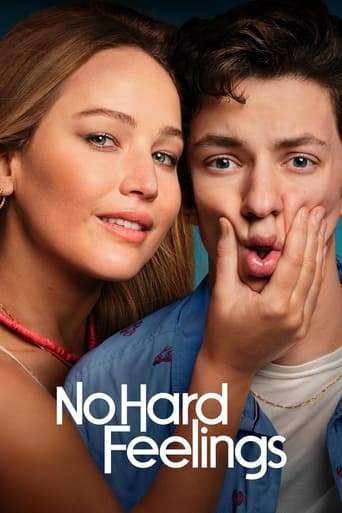

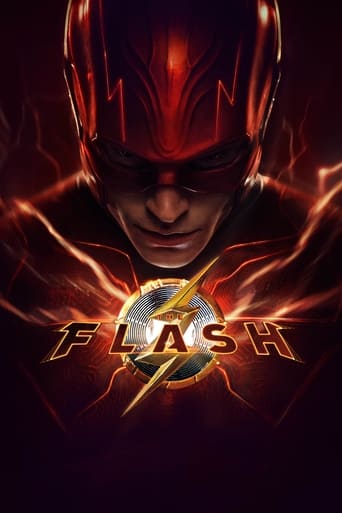
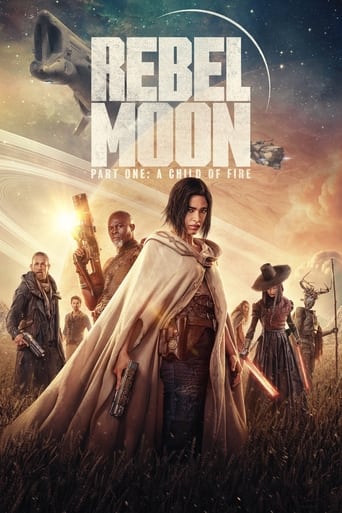
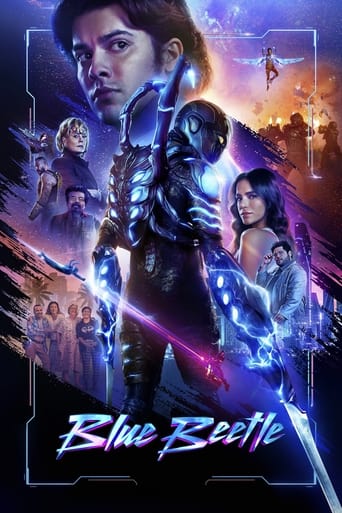
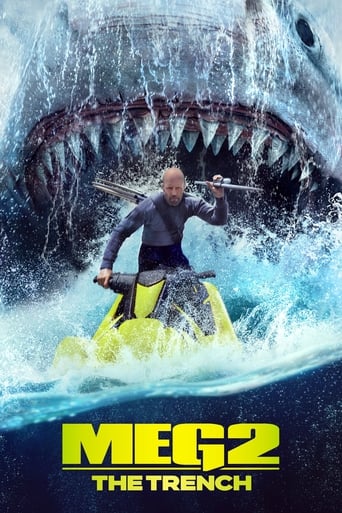
Diary for My Father and My Mother
This story follows a young student, who is orphaned as she grows to adulthood in the shadow of the 1956 Hungarian uprising. Coming from the Communist intelligentsia, she sees her friends and family react differently. Her lover, a married factory manager, supports the patriots and later assists fellow workers in staging a strike. Meanwhile her sister and others express anger at being forced from their homes during the revolution and continue to express a hatred for the rebels afterwards. But in the end they realize that for all people, real life is not possible after the revolt and its brutal suppression by the Soviets and their collaborators.